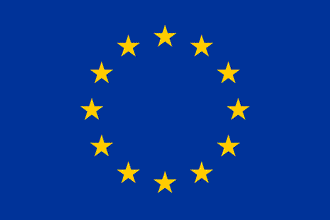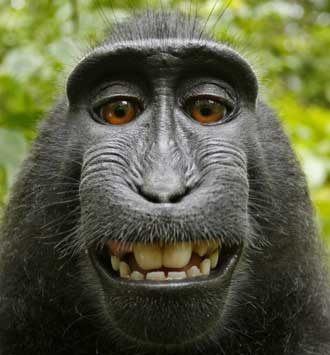 People are having trouble figuring out how their online content can be protected in this internet age.
People are having trouble figuring out how their online content can be protected in this internet age.
Casey Fiesler, a PhD candidate at Georgia Tech, surveyed a dataset of 100,000 public forum posts from websites dedicated to video, writing, art and music.
She and her colleagues discovered that copyright is widely discussed on public threads. She said that “at any given point, an estimated 13 percent of the posts in Youtube help forums are about copyright”.
And most of those threads were dedicated to questions about copyright as none of the sites she looked at gave copyright advice.
“Over and over again, the prevalence of problems related to copyright was expressed by creators in the conversations. Most of the posts in our dataset could be labelled as expressing some sort of problem,” she said.
The researchers found the five most challenging areas were avoiding trouble, dealing with consequences, fear of infringement, dealing with infringement and not enough information for people for them to make informed decisions on copyright.
The researchers concluded that sites should have clear information about copyright, and having website owners answer copyright related questions.








